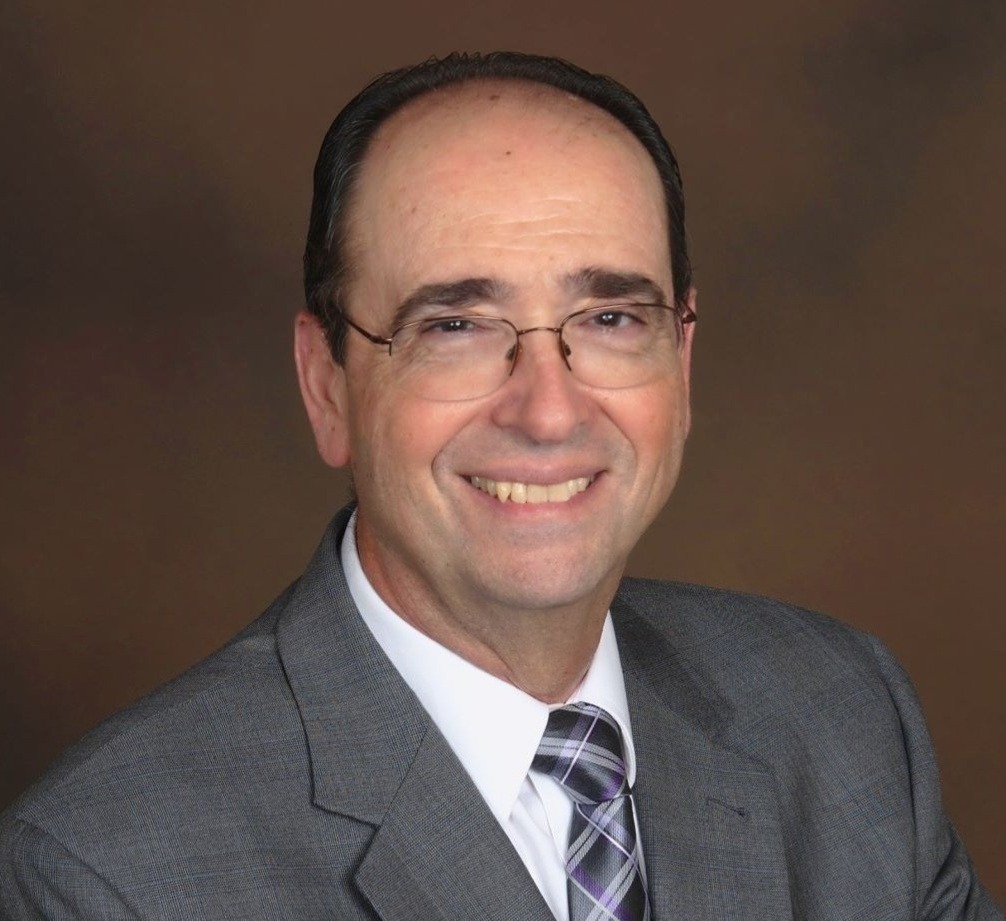"Under Observation": Two Words that Could Cost You Thousands
- Tom Cianflone

- Jul 23
- 3 min read
Updated: Jul 27

If you get your medical benefits through Original Medicare (OM) with a Medicare supplement (MediGap plan), you need to know about the Medicare three-midnight rule as it applies to coverage for skilled nursing facility (SNF) stays. In one very narrow situation, a hospital coding you as under observation but not admitted could cost you thousands.
What is the Medicare Three-Midnight Rule?
The three-midnight rule (sometimes called the three-day rule) is a requirement under Original Medicare (Part A) for coverage of a skilled nursing facility stay. This policy requires that a beneficiary must have an inpatient hospital stay spanning at least three consecutive midnights (not counting the day of discharge) before Medicare will cover care in a skilled nursing facility.
Why Should I Care About Observation Status?
You should care because the rule does not count days spent in observation status; only days spent as actual in-patient admission. If you've been in the hospital over the course of three midnights, for example, but one of those days you were coded as being under observation, not admitted, and then get sent to a SNF, Medicare will NOT pay for the SNF stay. And if Medicare doesn't pay, then neither will your Medicare supplement. That puts you on the hook for somewhere in the vicinity of $350/day ($10,500/month) and up for an uninsured SNF stay in the Broward County, Florida area. If you meet the three-midnight rule however, Medicare gives you the first 20 days at zero co-pay and your supplement covers additional days after that.
Key Points of the Three-Midnight Rule:
Inpatient Admission is Required: The hospital stay must be classified as inpatient. Time spent under observation, in the emergency department, or as an outpatient does not count toward the three midnights.
Counting Days: For Medicare, a “day” is counted each time the patient is in the hospital at midnight, regardless of admission time that day. The day of discharge is not included in the three required midnights.
SNF Admission Timing: The skilled nursing facility admission must generally take place within 30 days of hospital discharge.
The stay must be medically necessary and ordered by a doctor.
SNF care must be related to the hospital stay.
Care must be provided at a Medicare-certified SNF.
The beneficiary must have days remaining in their Medicare benefit period.
What Should I do if I Am Referred to a SNF from a Hospital?
If you're referred to SNF care after a very short hospital stay and you have questions about whether Medicare is going to cover your SNF stay, speak with the discharge planner or social worker assigned to your case and ask questions. Hospitals are required to let you know if you are under observation status. The ways they communicate that to you is with the Medicare Outpatient Observation Notice (MOON) and the Medicare Summary Notice (MSN). Use these documents to make an informed decision and act quickly to appeal if needed.
Expedited (prospective) appeals are filed while still in hospital and require a 24-hour turnaround on the appeal decision.
Retrospective appeals are filed after being admitted to a SNF and then finding out that the stay is not covered due to the three-midnight rule.
A successful appeal will have your under-observation days in the hospital re-coded to in-patient days, which could mean that your hospital stay would meet the requirements of the three-midnight rule. Be sure to request copies of all relevant notices (MSN, MOON, discharge paperwork) to support your appeal.
What If I'm on a Medicare Advantage Plan?
Medicare Advantage (MA) plans are allowed by law to waive the three-midnight rule and most of them do. Check the Evidence of Coverage (EOC) for your MA plan to find out for sure.
Are There Efforts to Change the Three-Midnight Rule?
There is broad, ongoing interest in Congress and within regulatory circles to reduce, reform, or eliminate the three-midnight rule for Medicare SNF coverage. Changes have been proposed in legislation, demonstrated in pilot waivers, and discussed by policymaking agencies, though a permanent, nationwide legislative change has not yet been enacted.




Comments